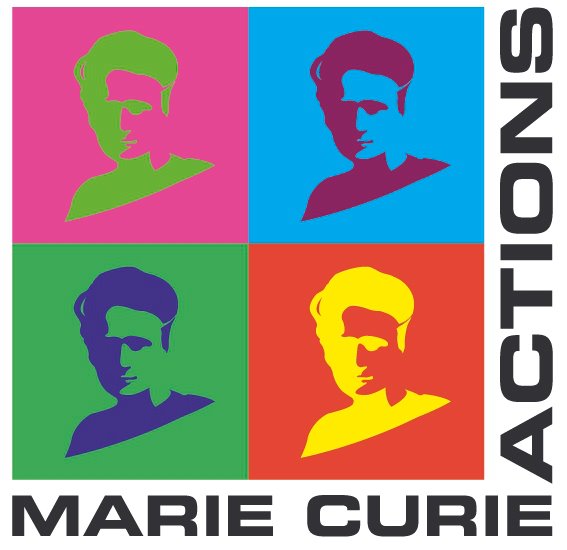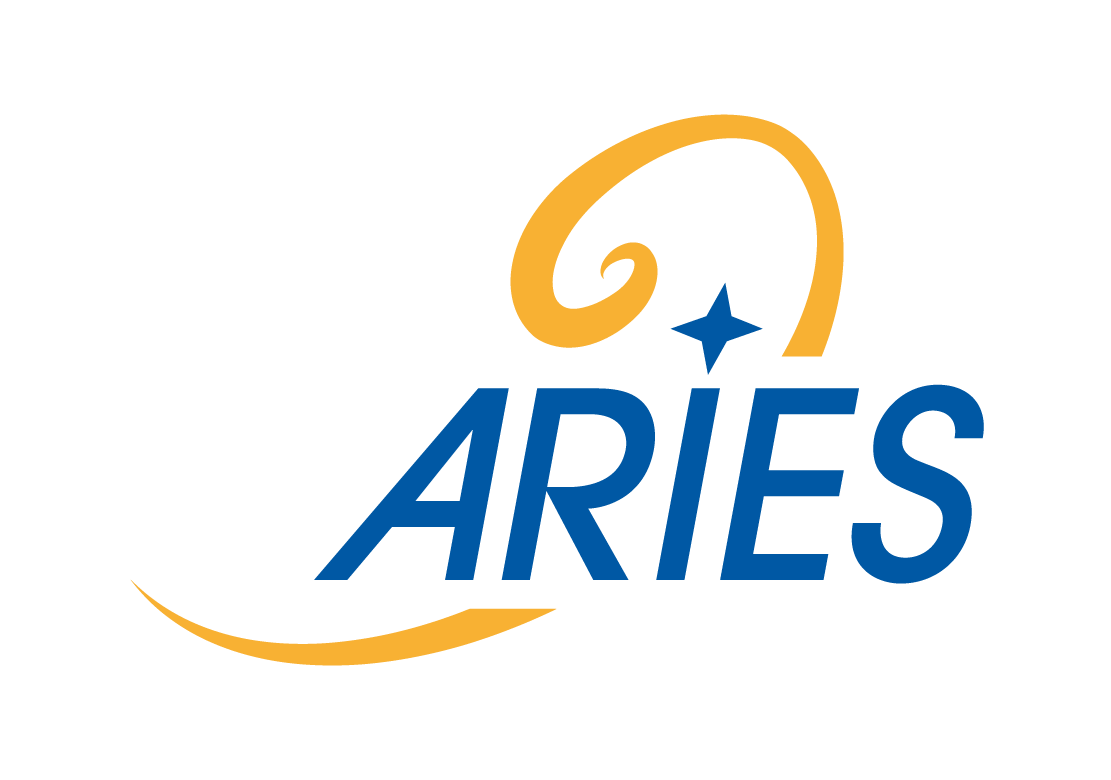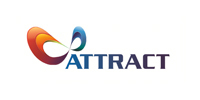Our missions
The mission of the EU Projects Office is to oversee the participation of CERN in the EU Programmes for scientific and technological cooperation, and to provide support in the preparation and implementation of EU projects, carried out at CERN.
The three pillars of the CERN EU Projects Office are the following:
| CERN and the European Commission | |
| CERN EU Support and Services | |
| Communication |
Collaboration with the European Commission |
||
|
CERN and the European Commission signed an MoU to strengthen and steer the relations between the two sides along the priority axes of the European Research Area. Since then, CERN and the EC have had ongoing collaboration activities in areas such as research and e-infrastructures, international cooperation, careers and mobility of researchers, knowledge transfer and open access.
|
Did you know EU R&D&I programmes and projects reflect the principles of the European Research Area? CERN, as an European centre for excellence and research, integrates the European Research Area (ERA), a unified space open to the world, in which scientific knowledge, technology and researchers circulate freely. Through ERA, the European Union and its Member States strengthen their scientific and technological bases, their competitiveness and their capacity to collectively address grand challenges. This strategy aligns with CERN’s mission, as it promotes the collaboration between nations. |
|
CERN-EU fosters education and training |
|
|
|
The EU Projects Office plays a key role in many EU-funded projects, in which CERN participates, and coordinates actions within the Marie Curie Programme that educates future researchers and provides them with better job opportunities. Additionally, educating researchers in writing excellent projects is becoming a “must-have skill”. The EU Projects Office supports researchers continuously, as they learn. At least twice per year, the EU Projects Office organizes hands-on courses on how to write excellent proposals. These workshops provide a great opportunity for researchers to learn the necessary skills and organize, structure and discuss their ideas. Do not hesitate to contact us for information or to propose topics that interest you. We will be happy to organize any course if demands exist. |
CERN-EU promotes collaboration with Industry
|
|
|
By participating in EU Projects including industry representation, CERN gains the possibility to:
|
In the following EU projects coordinated by CERN, technology partnerships have been established with industry, including SMEs. è EASITrain: reduction of costs in helium and hydrogen liquefaction è RADSAGA: cost-efficient radiation testing of commercial electronic components è STREAM: development of low noise photo sensors  |
CERN-EU gathers resources for CERN's mission |
||||||||||
Overview of the participation of CERN in H2020
In H2020, CERN participated in 89 EU projects (and coordinated 28) with corresponding EC funding of ~58.5 M€. Most of these projects are in the Excellent Science Pillar (72%). |
Distribution of EU projects for CERN per H2020 programme
|
|||||||||
CERN-EU enhances CERN presence beyond Europe |
|
 |
The international aspect is important for EU-funded projects. In most cases, they involve not only European partners, but collaborating institutes from all over the world. The CESSAMag FP7-project, coordinated by CERN, aimed to support the construction of SESAME (Synchrotron-light for Experimental Science and Applications in the Middle East ), the first regional light source laboratory for the Middle East and neighbouring countries. SESAME is a flagship of science diplomacy, a tool to improve relations across countries and cultures. The EU also supported SESAME through the H2020 Open Sesame project, which provided a range of training opportunities for SESAME staff. The involvement of CERN in Open Sesame covered the development of a strategic communication plan and training in media and communication. |
EU Projects require a strong internal collaboration |
||
|
EU Projects are multidimensional and thus require the involvement of multiple actors at CERN The preparation and management of an EU Project is a multifaceted process. The realisation of a project’s research objectives is the ultimate goal,but many other aspects should be taken into consideration, such as legal and managerial aspects. The transfer of knowledge and technology and communication are also crucial aspects.
The EU Projects Office has strong collaboration links with colleagues in many departments and groups at CERN, who are experts in these matters. This collaboration ensures that researchers will always receive the best advice and support. |
EU-funded projects like QUACO (QUAdrupoleCOrrector)or ATTRACT require the assistance of our colleagues from the Legal, Financial and Knowledge Transfer groups. They help us comply with EU regulations and ensure the research, technology and scientific practice relating to EU projects align with CERN’s principles of excellence. They also help to make sure that any scientific developments have a positive impact on society. |
|
CERN-EU support and services |
|
We assist researchers interested in applying for EU funding  |



